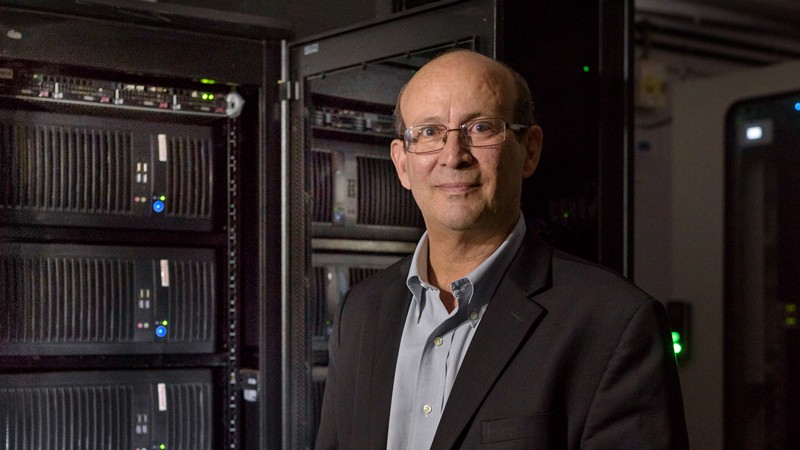
“In a project that could unlock the world’s research papers for easier computerized analysis, an American technologist has released online a gigantic index of the words and short phrases contained in more than 100 million journal articles — including many paywalled papers. The catalogue, which was released on 7 October and is free to use, holds tables of more than 355 billion words and sentence fragments listed next to the articles in which they appear. It is an effort to help scientists use software to glean insights from published work even if they have no legal access to the underlying papers, says its creator, Carl Malamud. He released the files under the auspices of Public Resource, a non-profit corporation in Sebastopol, California that he founded. ”
Source : Giant, free index to world’s research papers released online






